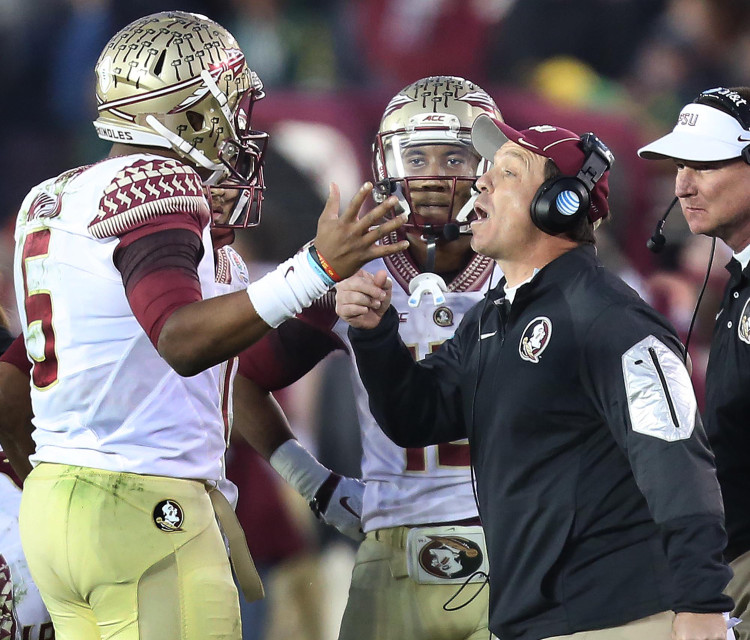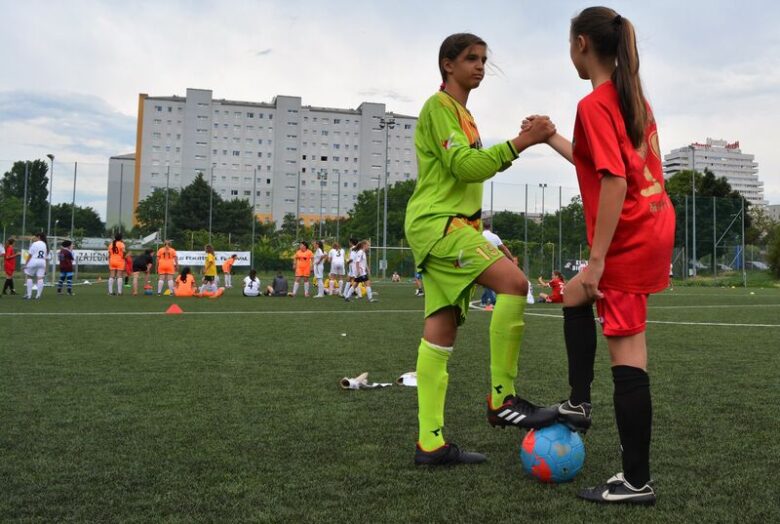
4 Tips For Managing Complaints Or Conflicts In Sport
When you’re a sports fan, one of the things you love most is rooting for your team to do well. But what happens when your team falls short? That’s where complaints and conflicts come in. When these things happen, you may be wondering how to best manage them. In this blog post, we will provide tips on how to deal with complaints and conflicts in sport. We will cover everything from handling online disputes to resolving face-to-face conflicts.
1. Define the Problem
Many people are familiar with the term “complaint.” Complaints can be about anything, from a customer’s experience at a store to a referee’s decision in a game. Complaints can also be about sports. For example, someone might complain about the officiating in a game they’re watching.
Complaints and conflicts in sport can be difficult to manage. Sometimes people just want to get their own way, or they don’t understand how the process works.
If a complaint is not addressed or resolved, it can become a problem. This can cause the complainants and the accused players to feel upset and angry. If the conflict gets worse, it may be difficult for either side to resolve it. Finally, if the complainants and the accused players are not able to resolve the conflict, it may create tension between them.
2. Create a Mutual Understanding

When something goes wrong, it’s easy to start pointing fingers and assigning blame. Resist the urge to do this; it will only lead to resentment on both sides of the argument. Instead, focus on figuring out how to fix things (or at least mitigate their effects). Blaming each other only reinforces negative attitudes and creates more tension than necessary. If you are finding troubles with creating a mutual understanding, mediation in sports or legal disputes can help to create a better resolution.
3. Agree to Respect Each Other’s Rights
In order to effectively manage complaints or conflicts in sport, it is important for both participants and officials to be clear about their expectations. Officials should agree to respect the rights of athletes and spectators, while athletes should make sure they are aware of their own rights and understand what they can and cannot do in response to a complaint.
Officials should ensure that all complaints are properly documented and that a decision is made as quickly as possible. Athletes should never confront an official or try to force a change in the outcome of a match or game. Instead, they should calmly explain their concerns and hope for a satisfactory resolution.
4. Make Sure Everyone is on the Same Page

Make sure everyone understands what they’re expected to do and how they’re expected to behave when there are complaints or conflicts. This will help ensure that both parties understand what’s expected of them and avoid any misunderstandings.
Keep communication open. Make sure you and your team are always available to discuss any concerns or disputes that arise. This way, everyone can remain aware of the situation and work towards a resolution as quickly as possible.
Conclusion
Sport can be a great way to build relationships with other people, but it can also be full of conflicts. In this article, we provided you with some tips on how to manage complaints and conflicts in sport so that everyone involved can come out winners. Hopefully, this will help make the experience of playing or coaching sport more enjoyable for all involved!




